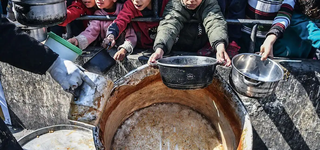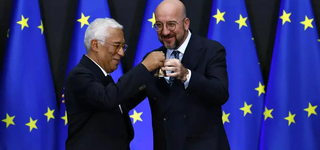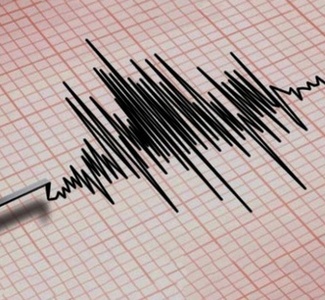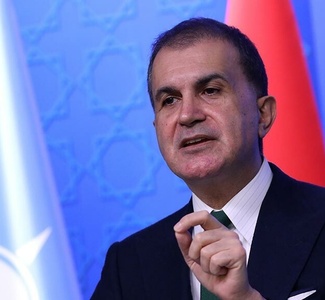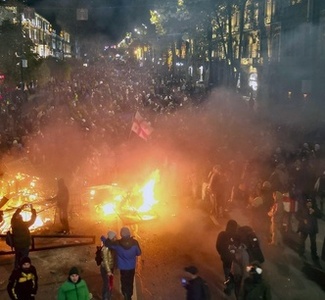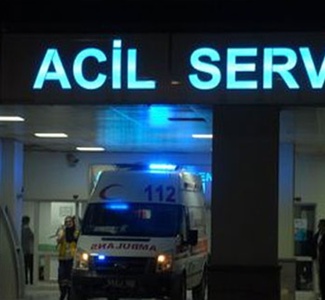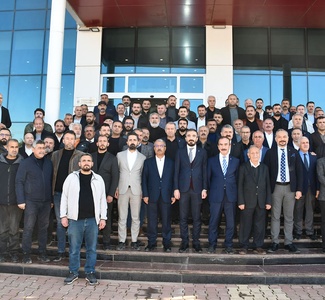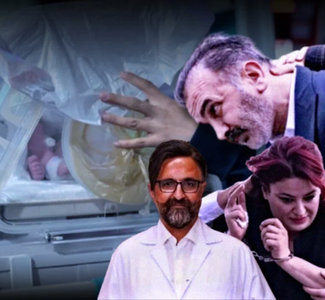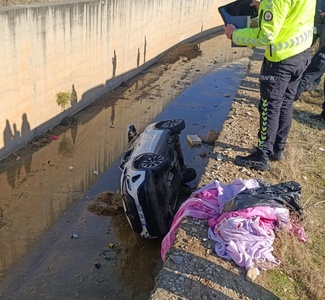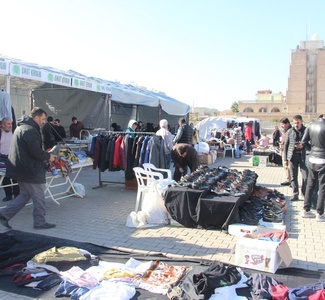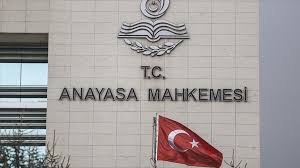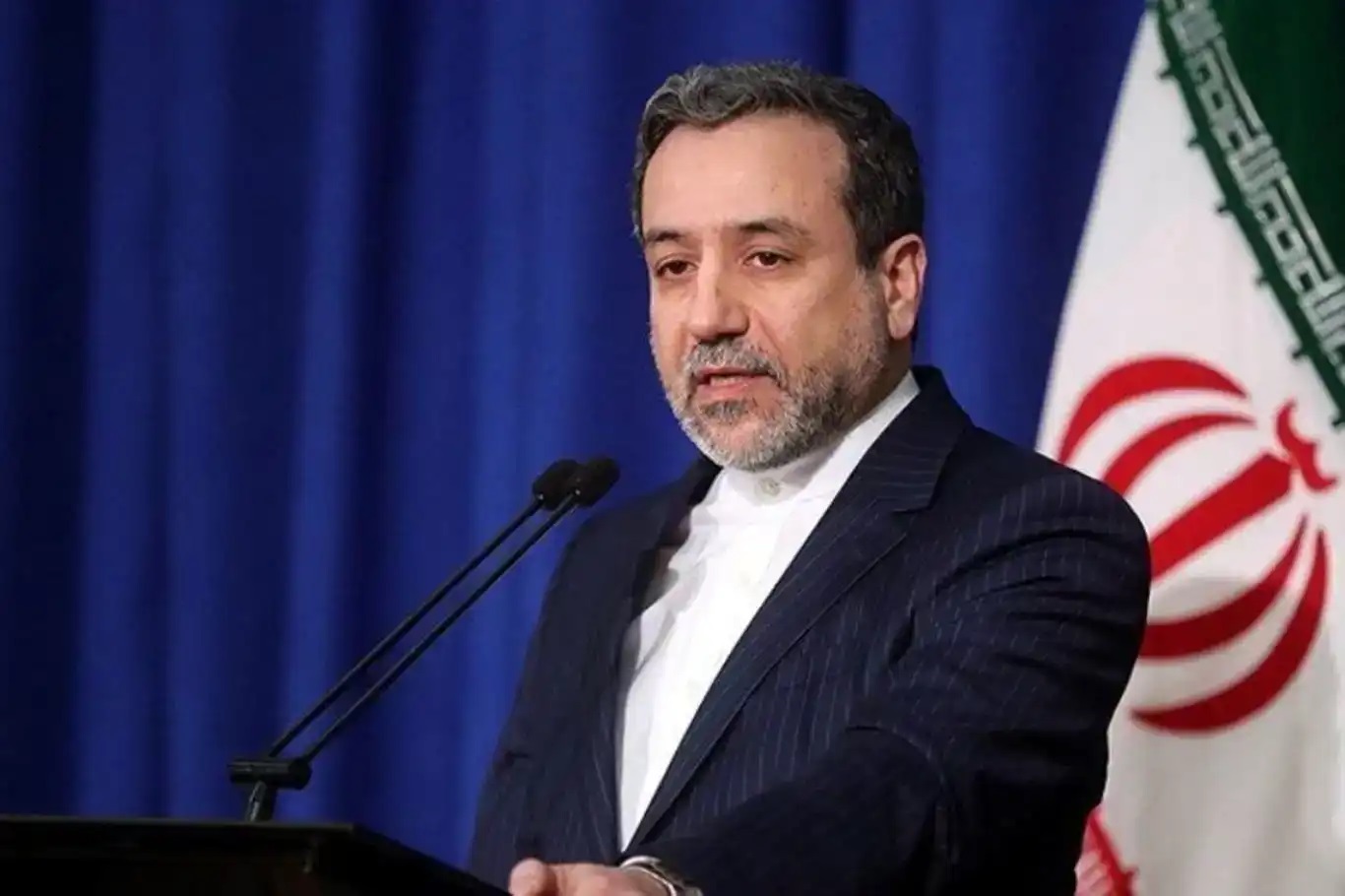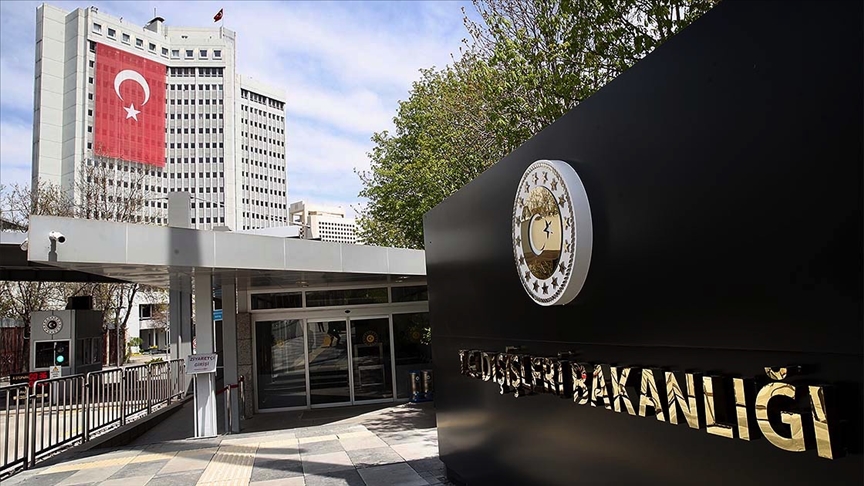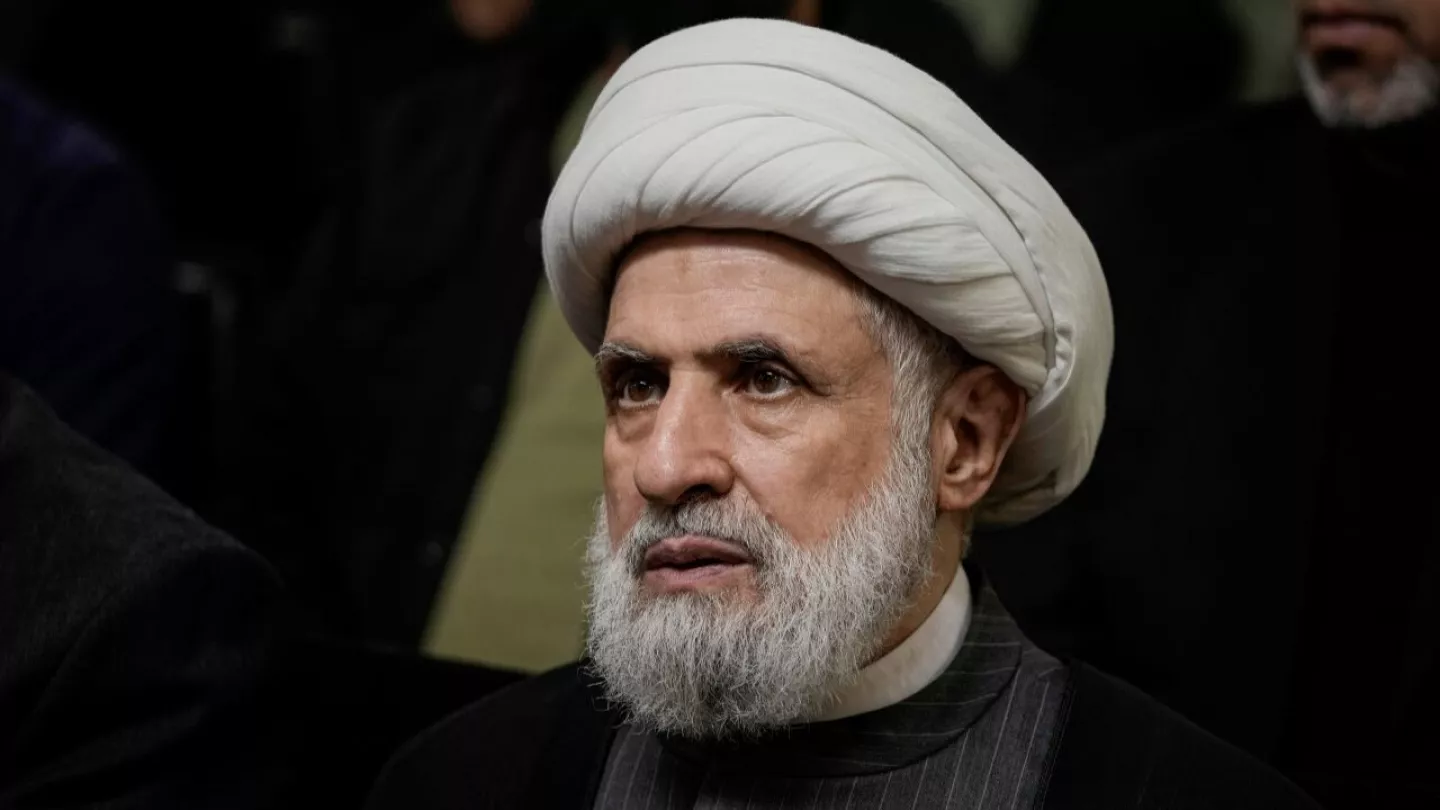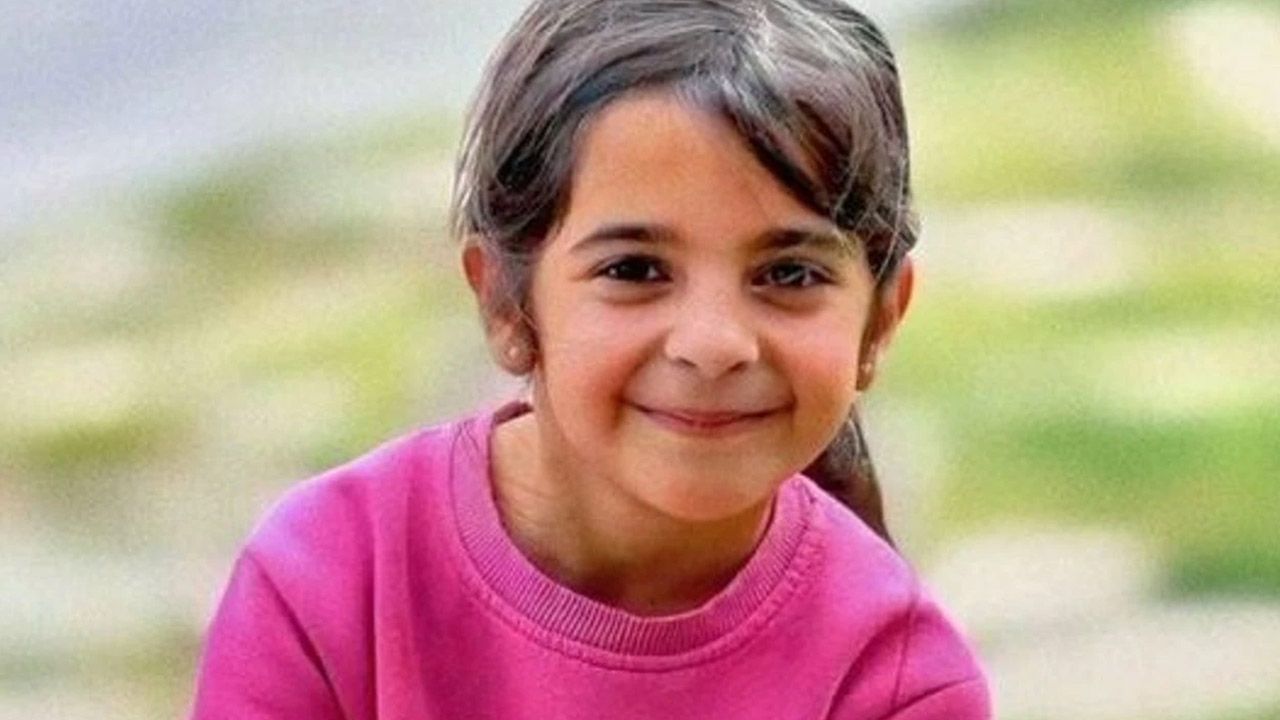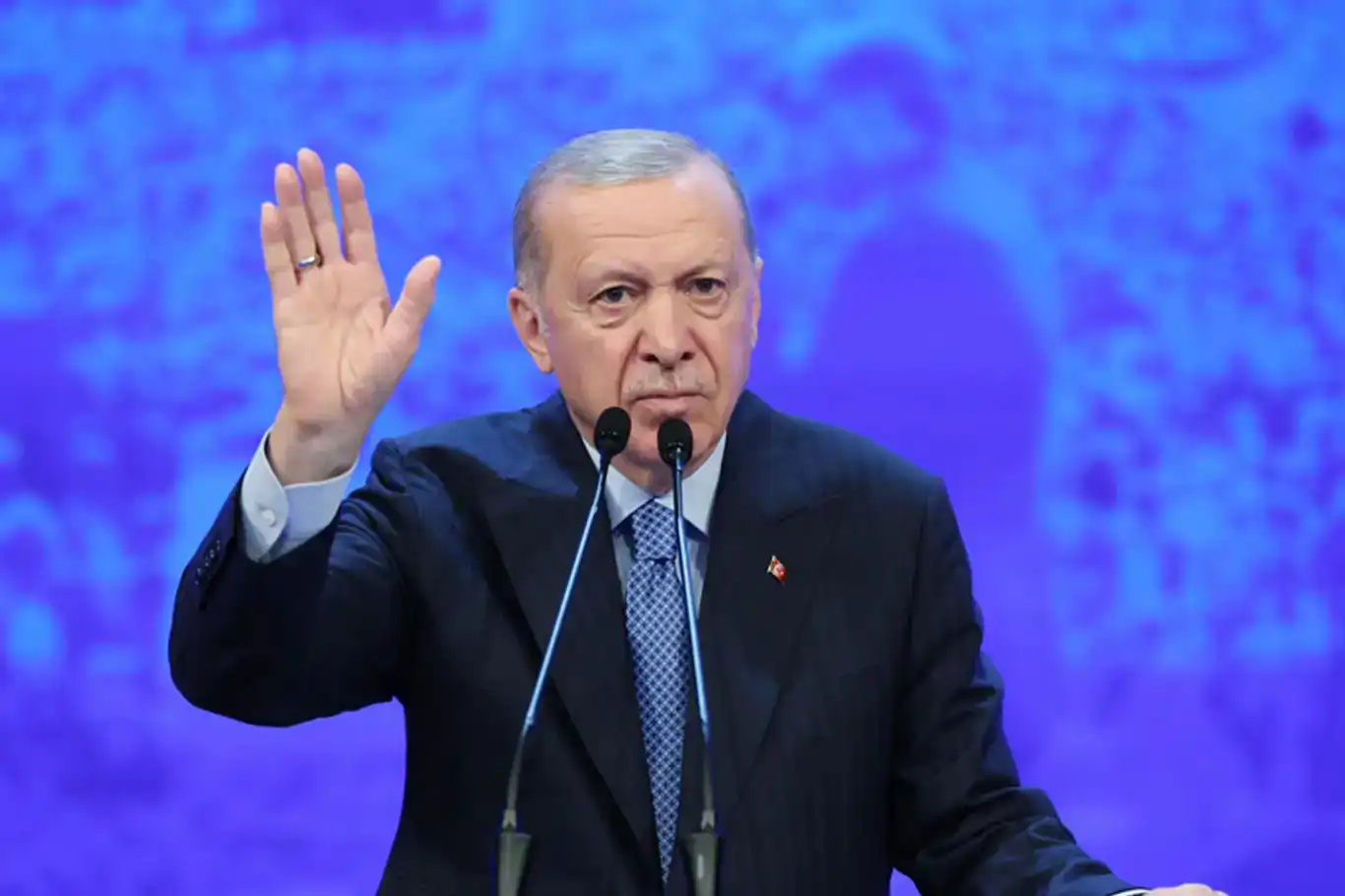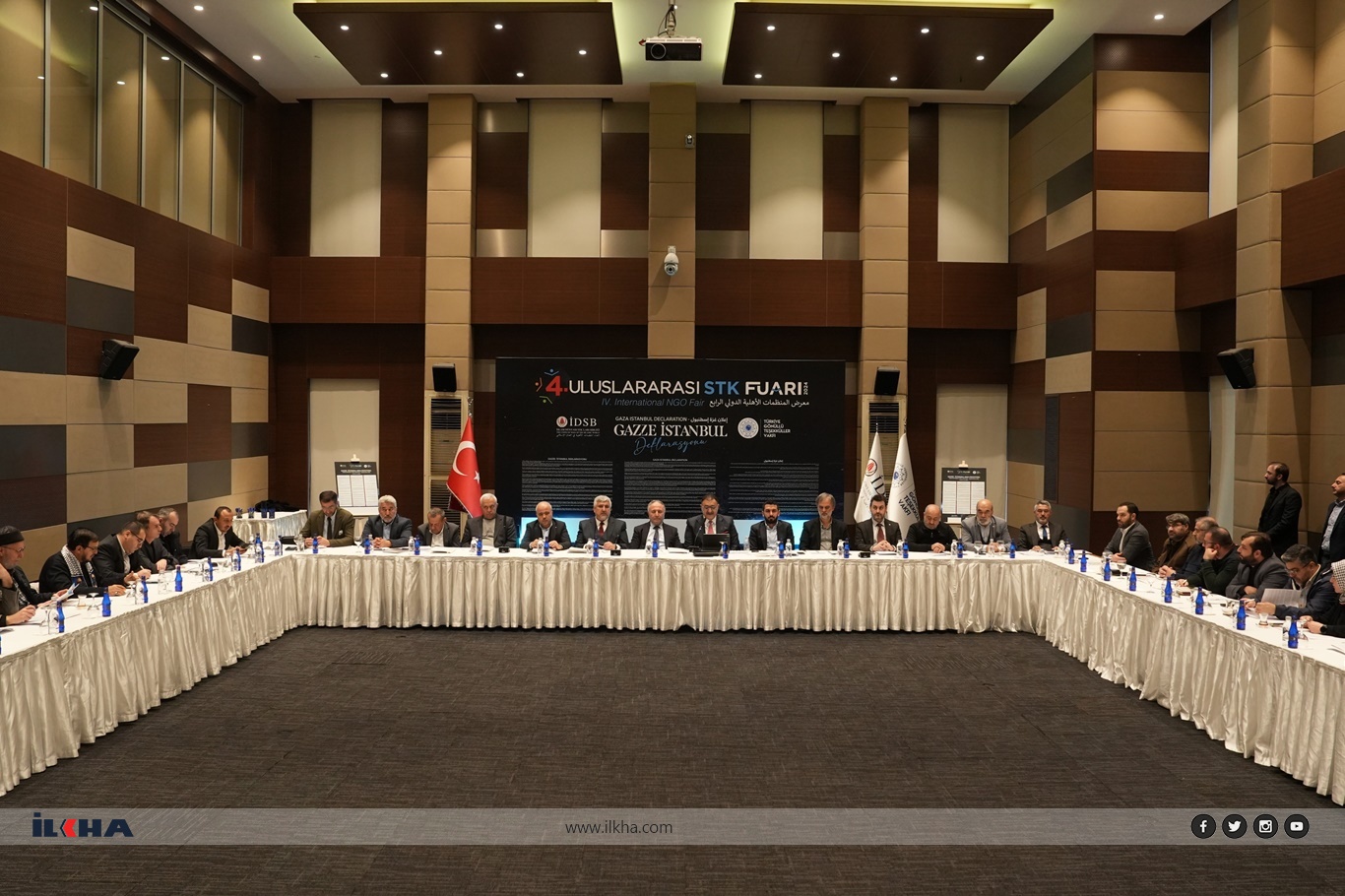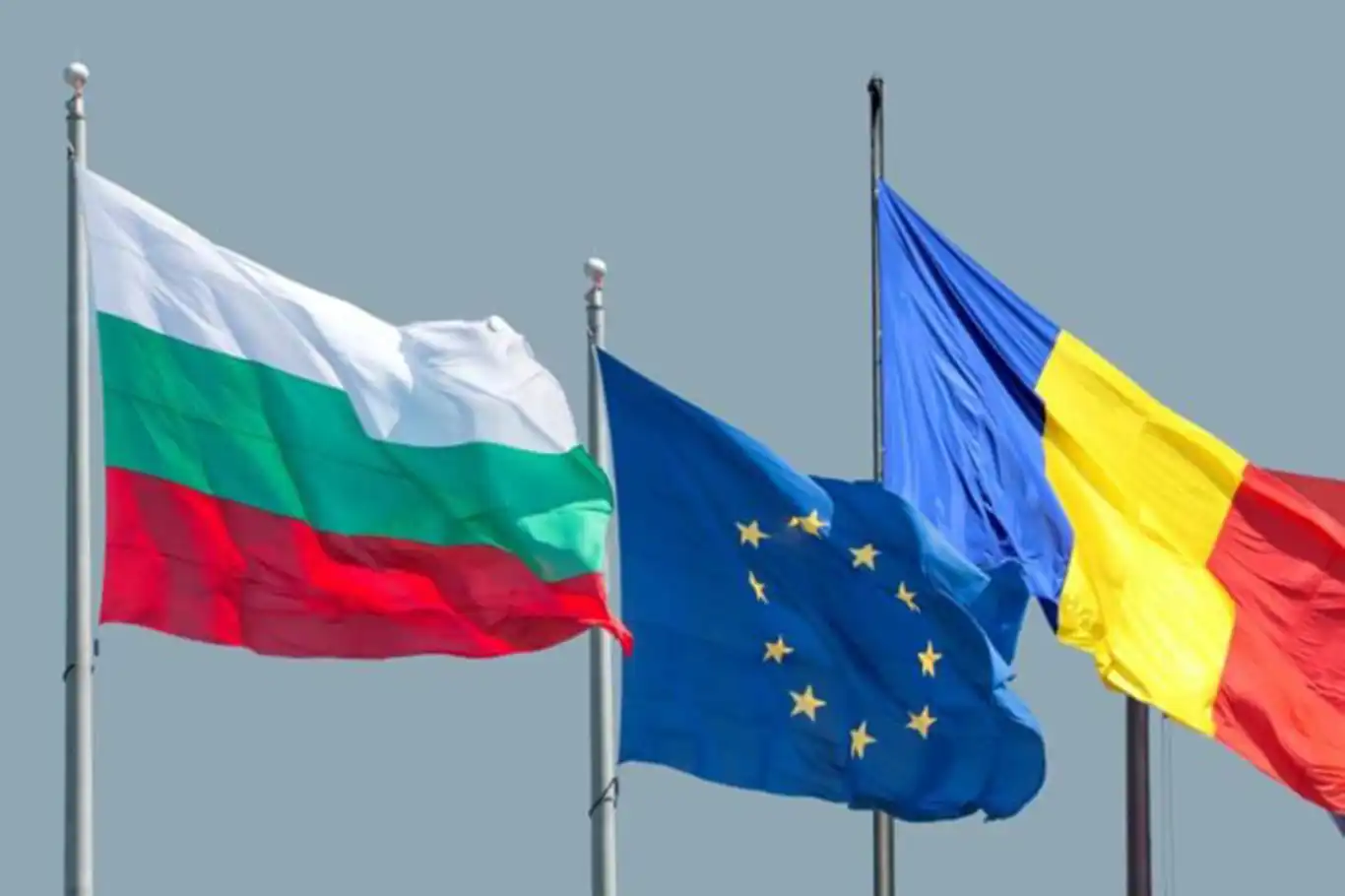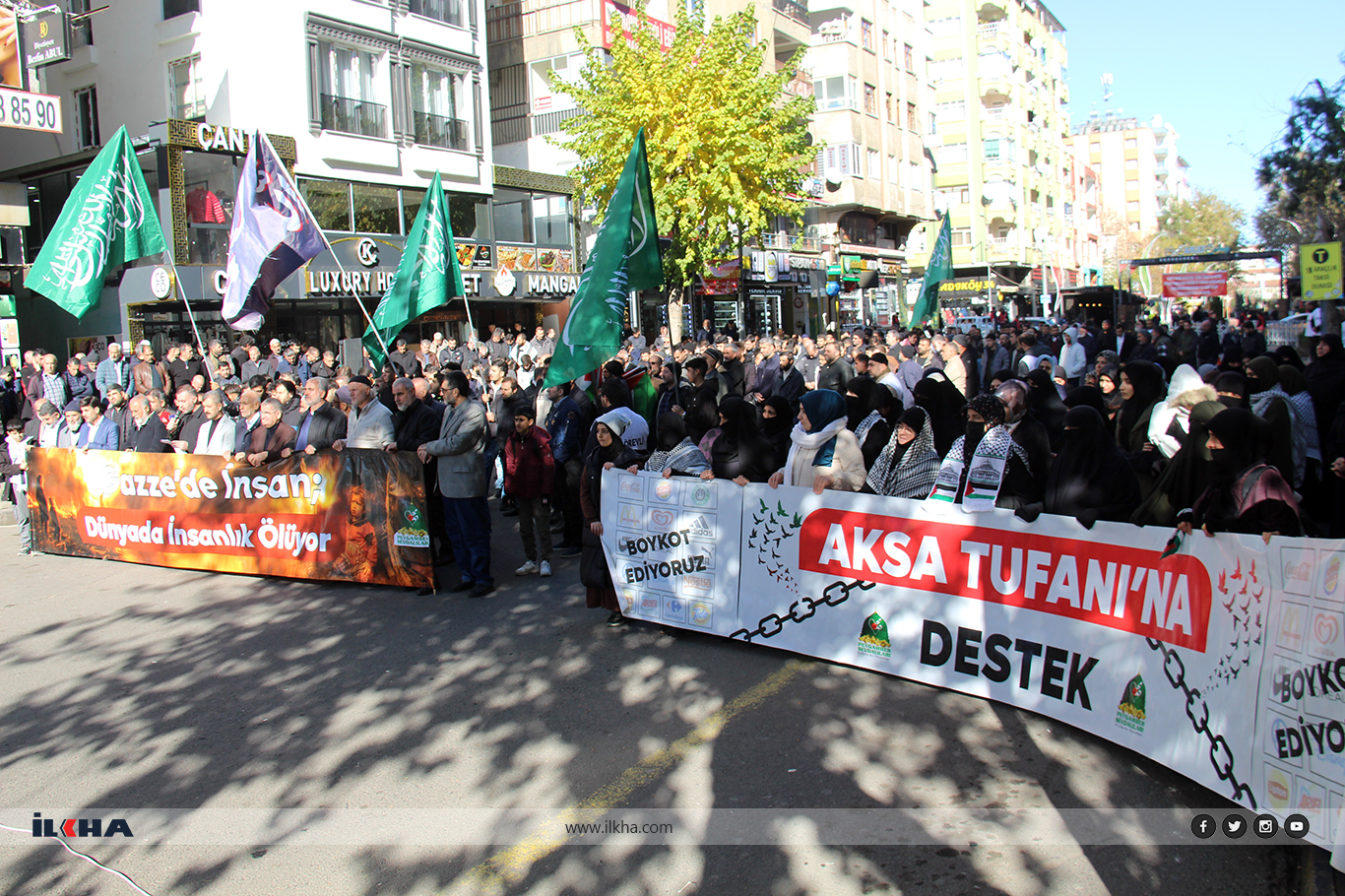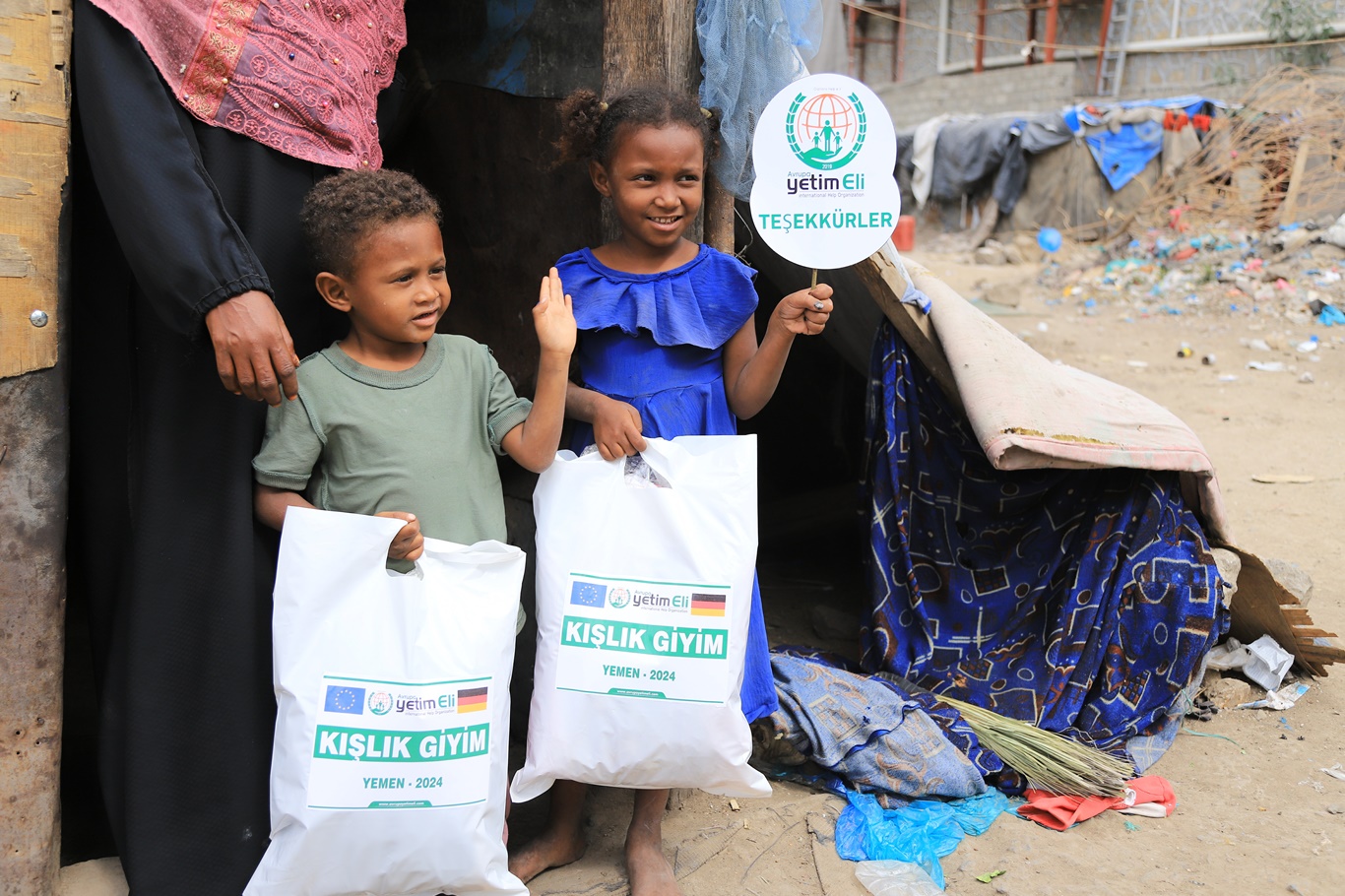The 28th anniversary of Susa Massacre
The suffering of the mosque massacre carried out by PKK in the village of Susa (Yolaç) of the Silvan district of Diyarbakır on June 26, 1992, maintains its freshness even after the 28 years.

 Google News'te Doğruhaber'e abone olun.
Google News'te Doğruhaber'e abone olun. The PKK, which is full of historical cruelty, bullying and massacres, martyred 10 peasants in the mosque of the village of Yolaç (Susa) of Silvan (Farqîn) of Diyarbakır Province on 26 June 1992.
PKK, which persecuted the Muslim Kurdish people with great suffering and fought with faith, broke the immunity of a mosque with the support they received from collaborators in the village of Susa, and martyred 15 villagers just because they did not think like them. This attack, in which 10 people were martyred, was a first in the history of Kurdistan. In the early days of the Republic, the mosques were turned into barns, the Qur'an lesson was forbidden, and the war against the people’s religion was waged. But on June 26, 1992, a mosque was laid by PKK in Kurdistan and massacred massively.
The families who keep their freshness pain in spite of the 25 years that have passed from the massacre, cannot forget what they have lived.
Remziye and Mustafa Fidancı were lost their four children in the Susa massacre. Their sons, Zeki 12, Medeni 18, Mehmet Meki 19 and M. Sait Fidancı 28, were martyred in the massacre.
The grieving parents, who passed away last year, spoke to Ilke News Agency on the 25th anniversary of their children’s martyrdom in 2017.
The Fidancası family, who expressed that their children attach importance to worship in the mosque together with their friends, stated that they did not even think that the PKK would raid the mosque. The Fidancı family stated that their pain still refresh for a quarter of a century. Said that they can’t sleep when remember that their children were massacred.
Remziye Fidancı, said that her sons were examples to their friends with their moral values, expressed that they miss them very much.
Stating that their children did not compromise their faith despite all the pressures of the PKK, Fidancı expressed that they were martyred for the Islamic religion and that they were proud of their martyrs.
“Thanks to Allah, my children, they were martyrs in the way of Allah”
Describing a few memories that his children had experienced before their martyrdom, Mother Fidancı continued:
“One day one of my child said to me, ‘Martyrs are not martyred till they see that they are martyred in their dreams,’ I was going to ask, ‘did my son see he is getting martyrs his dream? But I could not say, got a lamp in my throat. One day my son Zeki, come to my side and say, ‘Mom, do not you think I'm like martyrs?' asked. I did not even answered. When he repeats again I say ‘mind your business! Is there war that you going to be martyr? Then he told me, 'I am sleepy but I'll go to the mosque’. I told him to go to bed. He is gone to the mosque. Just before he has gone, he asked me, ‘mom, how does it feel to fly? I said, 'I suppose, will to go God is someone flies.' Then he left. When he left, the PKK surrounded the mosque. Thank Allah I do not regret that I gave my children in this way. They were martyred in the cause of Allah. Despite all the pressure and threats they said, 'If you want to kill us, come and kill us in the mosque, we do not intervene with someone.’
“I loved my children so much and they loved me too”
Fidancı says that she sometimes feels her children as if stood beside her, “I miss them, sometimes I see them in my dreams. I always dream of them in the village. Sometimes I feel that they are beside me, and I hear their voices. I loved my children very much and they loved me too. My son Meki always said, ‘I hope I die before my mother’. He's gone, I'm here. For us, property doesn’t mean anything for us, we always have death in our mind.”
Father Mustafa Fidanci, who said that the pain of his 4 sons is still fresh, said that they did not expect the PKK to attack the mosque and said, “We did not have any harm to anyone, our house were right beside to the mosque. We made our praying together there, and read the Qur'an. Some in the village were disturbed by this. The peasants were afraid of the PKK pressure. The villagers told us, ‘do not go to the mosque.’ These peasants were already connected with the PKK. Some of them even went to the mountain, where they got training and came back a few months later to break up the mess. PKK elements would sometimes come to next to our house. They would say ‘watch out, they got weapons' but we did not have any weapon. There was someone in our village would say to his children, ‘kill them and marry with their wives’. This person was a PKK member and he was not even talking to us.”
“I was on field in the massacre day. We were back slowly to home after finished out work there. Children of that person also came to their father’s house. We stopped working, performed our evening prayer, and took the road to home. On the way to home, I saw someone’s head raised among the cotton and looking at us. Asked someone ‘shall I kill?’ I heard. Other replied, ‘no don’t, we will kill all when they gather in the mosque.’”
“You say Allah-u Akbar, so call Allah-u Akbar come to save you!”
Father Fidancı, “Before the massacre one of the villagers to the PKK, ‘My child is with them. Let us know the night when you will attack, save my son and kill the rest. It would not even come out of my mind that there would be such a thing in the mosque. I was thinking how to attack the mosque in a Muslim village. One of the PKK members went to a secret place in front of mosque and followed who came in and out of the mosque, how many people they were. We were sitting in the guesthouse, and heard gun shots. When we went out, the roof of all the houses was filled with the PKK elements. Martyr Hacı Ahmet Kantar said that they were gendarmes because of the uniform of the soldiers on the PKK. He even went to tell the ‘soldiers’ that the people of the mosques are inoffensive people. One of those who came to the brink as they went, they said, ‘this is it,’ and they immediately tied up their hands and took it to the wall. We came to the mosque, it was Molla Hüsnü with me. He was at my front, he pulled me over. When we looked at the mosque we saw that they were chasing the Martyr Hüseyin Çetinkaya. Those who pursued Hüseyin said to him, ‘you say Allah-u Akbar, so call Allah-u Akbar to come and save you.’ On these words, Martyr Hüseyin also said again, so they martyred him there.”
“They brought gas to burn our houses, they did not burn our houses because the houses in the village were adjacent to each other”
That night the Fidancı said that PKK elements had come in a lot of numbers, “The incoming PKKs had brought petrol with them to burn our houses. The houses in the village were adjacent to each other, so they did not burn our houses. Because the fire would spread into the house of the villagers who cooperated with them. They martyred those in mosque. We went upon the martyrs. We had no weapon. I told those who were with me to check if any still alive. We had a vehicle but we had no driver. I went to a few houses and they did not give a driver in fear. I went to the mukhtar’s house and they were close to call the phone line to make a phone call. That's how my 4 sons martyred.”
Fidancı said that he could not forget the slaughter of his children, “Whenever I put my head on my pillow, I cannot sleep for hours if I remember them. They murdered the people of the house of Allah, who were ablution, prayer, and read the Qur'an.”
What happened in Susa?
On June 26, 1992, PKK members raided on villagers who went to the mosque to perform the night prayer in Yolaç (Sûsa) village of Silvan (Farqîn) district of Diyarbakir by wearing soldier uniform. The fifteen Muslims who were present in the mosque were tied behind their backs, swearing at their sacred values and lining them with long barreled weapons. As a result of the atrocity, 10 people, including 2 children, were killed and 4 others were injured.
Named ‘PKK’s Susa Mosque Massacre’ in history, the name of those who lost their lives are; four brothers named Zeki 12, Medeni 18, Mehmet Meki 19 and Mehmet Sait Fidancı 28, M. Emin 15, Adnan 20 and Ahmet Kantar 48, Mehmet Ali Uslu 26, Hüseyin Çetinkaya 30 and village imam Abdulhaluk Ugas 37 were martyred. (ILKHA)






























